Introduction
Artificial Intelligence (AI) has evolved from being a futuristic concept to an essential part of our everyday lives. What once seemed like science fiction has now become an invisible force shaping how we work, communicate, shop, and even make decisions. From personalized recommendations on streaming platforms to self-driving cars and AI-powered assistants, this technology is transforming the modern world at a remarkable pace.
As we look toward the future, it is clear that Artificial Intelligence will become even more integrated into daily life, offering convenience, efficiency, and innovation that will redefine the way we live and interact with technology.
Table of Contents
How Artificial Intelligence Has Become a Part of Daily Life
AI has quietly integrated into countless aspects of daily living. Most people interact with artificial intelligence multiple times each day without even realizing it.
When you use your smartphone’s voice assistant, stream music recommendations, navigate traffic using GPS, or receive product suggestions while shopping online, AI algorithms are working behind the scenes.
Key examples include:
- Virtual Assistants: Tools such as Siri, Alexa, and Google Assistant use natural language processing to understand voice commands and perform tasks efficiently.
- Smart Recommendations: Platforms like Netflix, YouTube, and Spotify rely on machine learning to personalize entertainment options based on your preferences.
- Navigation Apps: Google Maps and Waze use AI to predict traffic conditions and suggest the fastest routes.
- E-commerce: Online shopping platforms employ AI for customer service chatbots, inventory management, and personalized product suggestions.
These examples show how AI has become an invisible but indispensable assistant in daily routines.
AI in Healthcare: Revolutionizing Medicine
One of the most transformative areas for AI is healthcare. Artificial intelligence is enabling faster diagnoses, better treatment plans, and more efficient medical operations.
AI in diagnostics: Systems can analyze medical images, X-rays, and scans more accurately and quickly than ever before. This helps doctors detect diseases such as cancer or pneumonia in their earliest stages.
Personalized medicine: AI-driven algorithms study genetic and medical data to recommend personalized treatment plans tailored to each patient’s needs.
Virtual health assistants: Many healthcare organizations now use AI-powered chatbots to guide patients, answer questions, and schedule appointments efficiently.
In the coming years, wearable devices powered by AI will also monitor vital signs in real time and alert users or doctors to potential health issues before they become serious.
AI in Transportation: Smarter and Safer Journeys
The transportation sector is undergoing a major transformation with AI. Self-driving vehicles, predictive traffic systems, and smart public transport networks are all powered by artificial intelligence.
Autonomous vehicles use sensors, cameras, and AI algorithms to detect obstacles, understand road signs, and make split-second driving decisions. These vehicles have the potential to reduce accidents caused by human error, improve road safety, and make transportation more efficient.
AI traffic systems help cities manage congestion by predicting peak hours, adjusting traffic lights, and optimizing routes for public transport.
As technology advances, fully autonomous vehicles and AI-powered logistics systems will redefine how goods and people move around the world.
AI in Education: Personalized and Accessible Learning
Education is another field where AI is making a lasting impact. Intelligent tutoring systems, language learning platforms, and automated grading tools are changing how students learn and teachers teach.
AI can assess individual learning styles, track progress, and recommend personalized study materials to suit each learner’s strengths and weaknesses.
For example, platforms like Duolingo and Khan Academy use AI to adapt lessons based on user performance. Meanwhile, universities are incorporating AI-driven tools to automate administrative tasks and improve student engagement.
In the near future, AI could make quality education more accessible worldwide by breaking down language barriers and providing personalized learning experiences for everyone.
AI in Smart Homes and Daily Convenience
Smart home technology is one of the most visible ways AI impacts everyday life. Devices like smart thermostats, lighting systems, and security cameras are now capable of learning user behavior to create comfortable and energy-efficient environments.
Imagine waking up to an AI-powered home that adjusts room temperature, brews your coffee, and plays your favorite morning playlist — all automatically.
Home security has also become more advanced through AI-based systems that recognize family members, detect unusual activity, and alert homeowners instantly.
This combination of comfort, safety, and energy efficiency illustrates how artificial intelligence is quietly redefining modern living.
Artificial Intelligence in Business and Workplaces
Artificial Intelligence is not only changing personal life but also revolutionizing how businesses operate. Companies use artificial intelligence to analyze market trends, automate customer support, and optimize production processes.
Customer service chatbots are now common across industries, handling inquiries 24 hours a day with natural, human-like responses.
Data analytics tools powered by AI help businesses make better decisions by identifying patterns in large datasets.
Automation systems are reducing repetitive tasks, allowing employees to focus on creative and strategic work instead of manual operations.
As AI continues to evolve, workplaces will become more efficient, collaborative, and data-driven.
Ethical and Social Implications
While AI offers great promise, it also raises ethical and social challenges. Privacy concerns, job automation, algorithmic bias, and data security remain significant issues that need careful attention.
Governments and organizations must ensure transparency and fairness in AI systems to prevent misuse and maintain public trust. Ethical frameworks and regulations will play a crucial role in balancing innovation with responsibility.
The Road Ahead
The future of artificial intelligence in everyday life looks bright and full of potential. AI will continue to make our homes smarter, healthcare systems more efficient, education more personalized, and businesses more productive.
However, success will depend on how responsibly we integrate AI into our lives. The goal should not be to replace humans but to enhance our abilities, making life safer, simpler, and more meaningful. Also Check World of Green Tech – Can Innovation Save the Planet 2025
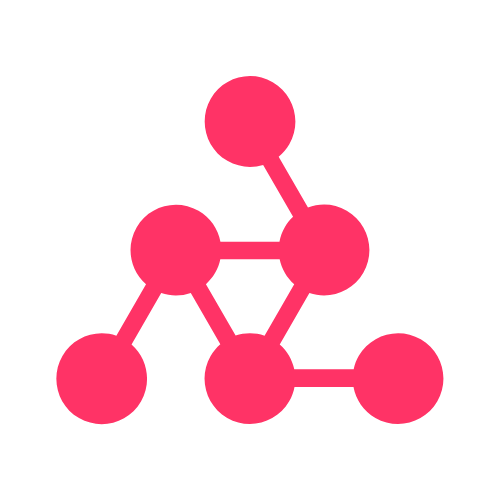
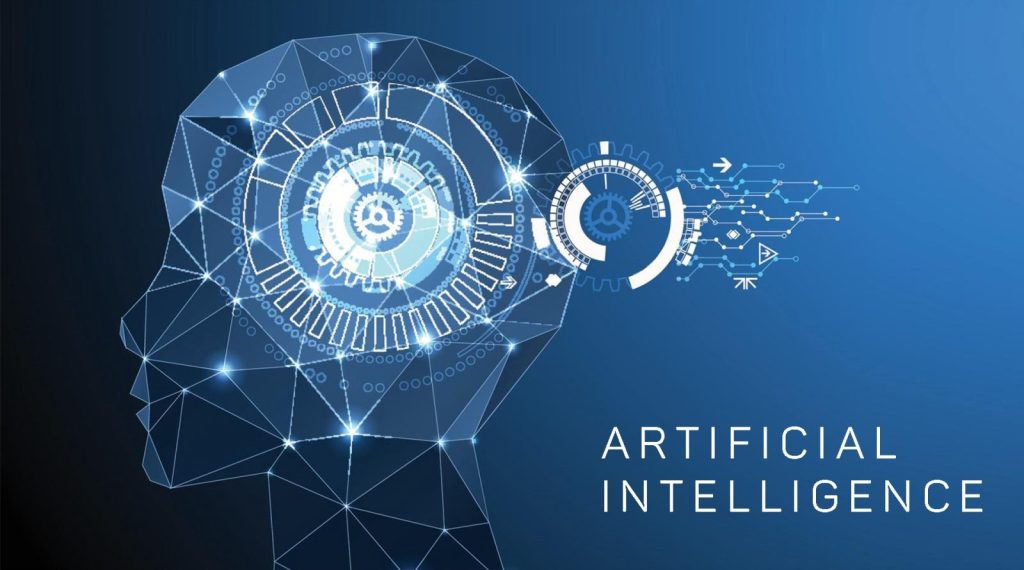

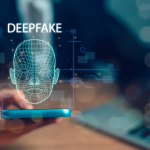

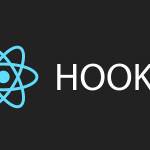
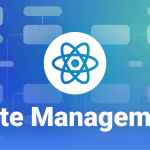
1 thought on “Future of Artificial Intelligence in Everyday Free Life 2025”